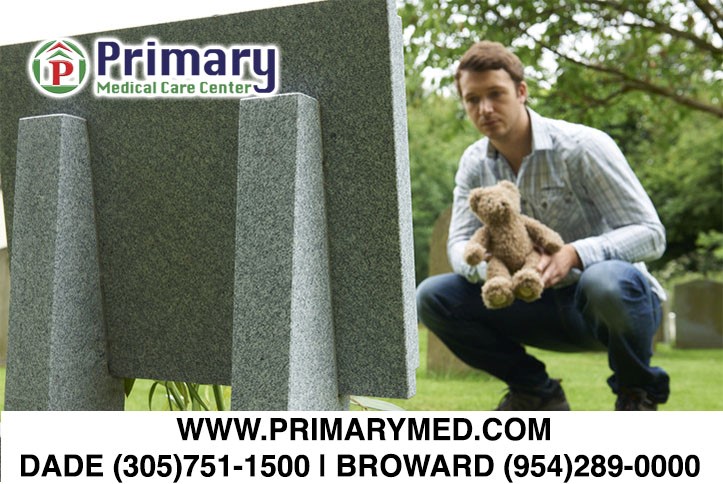“A wife who loses a husband is called a widow. A husband who loses a wife is called a widower. A child who loses his parents is called an orphan. There is no word for a parent who loses a child. That’s how awful the loss is.” –
Jay Neugeboren- An Orphan’s Tale- 1976
There is arguably nothing worse than a parent losing a child to death. Psychology Today defines bereavement as “the state of loss when someone close to an individual has died.” When the death of one’s child occurs, this can be emotionally overwhelming and devastating to the parent. Mental Health America explains that when a child dies, “parents may also feel that they have lost a vital part of their own identity.” This is in addition to the fact that parents often feel responsible for their children’s death, no matter the circumstances. The death of a child generally brings “a sense of injustice for lost potential, unfulfilled dreams, and senseless suffering.”
In a study published in the Journal of Family Psychology (JFP), researchers looked at the long-term effects of the death of a child as a traumatic event on the lives of the parents left behind. They followed participants over an average 18.05 years after the death of their children who passed away between infancy to 34 years old. These parents were compared with similar parents who had not lost children. The study found that the bereaved parents “reported more depressive symptoms, poorer well-being, and more health problems and were more likely to have experienced a depressive episode and marital disruption than were the comparison parents.”
The Cut suggests a term called the “maternal bereavement effect” to explain why some parents die after the loss of a child. It is a compounded effect which goes hand in hand with the “broken heart syndrome,” when the heart muscle weakens after sudden intense stress. Grief increases blood pressure and releases stress hormones which can lead to heart attacks and strokes.
For treatment options and for mental health referrals, you may walk in or schedule an appointment at any of our convenient Primary Medical Care Center community clinics by visiting our website at www.primarymed.com, or call (305)751-1500 for our Miami-Dade clinic, or (954)289-0000 for our Broward clinic.
Source: https://www.thecut.com/2016/12/why-parents-pass-away-if-their-children-die.html
https://www.ncbi.nlm.nih.gov/pmc/articles/PMC2841012
https://www.psychologytoday.com/us/blog/media-spotlight/201302/when-parent-loses-child
